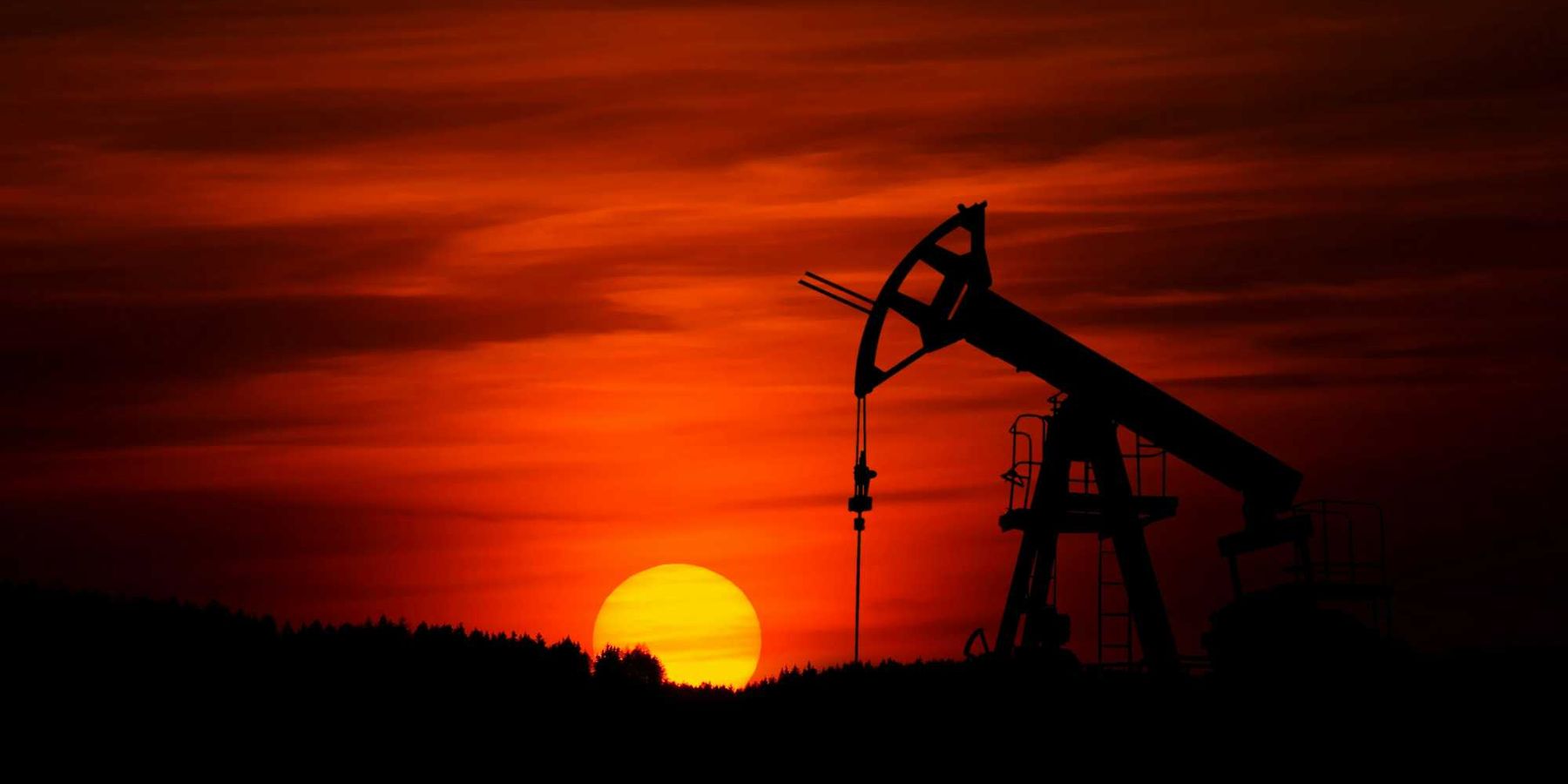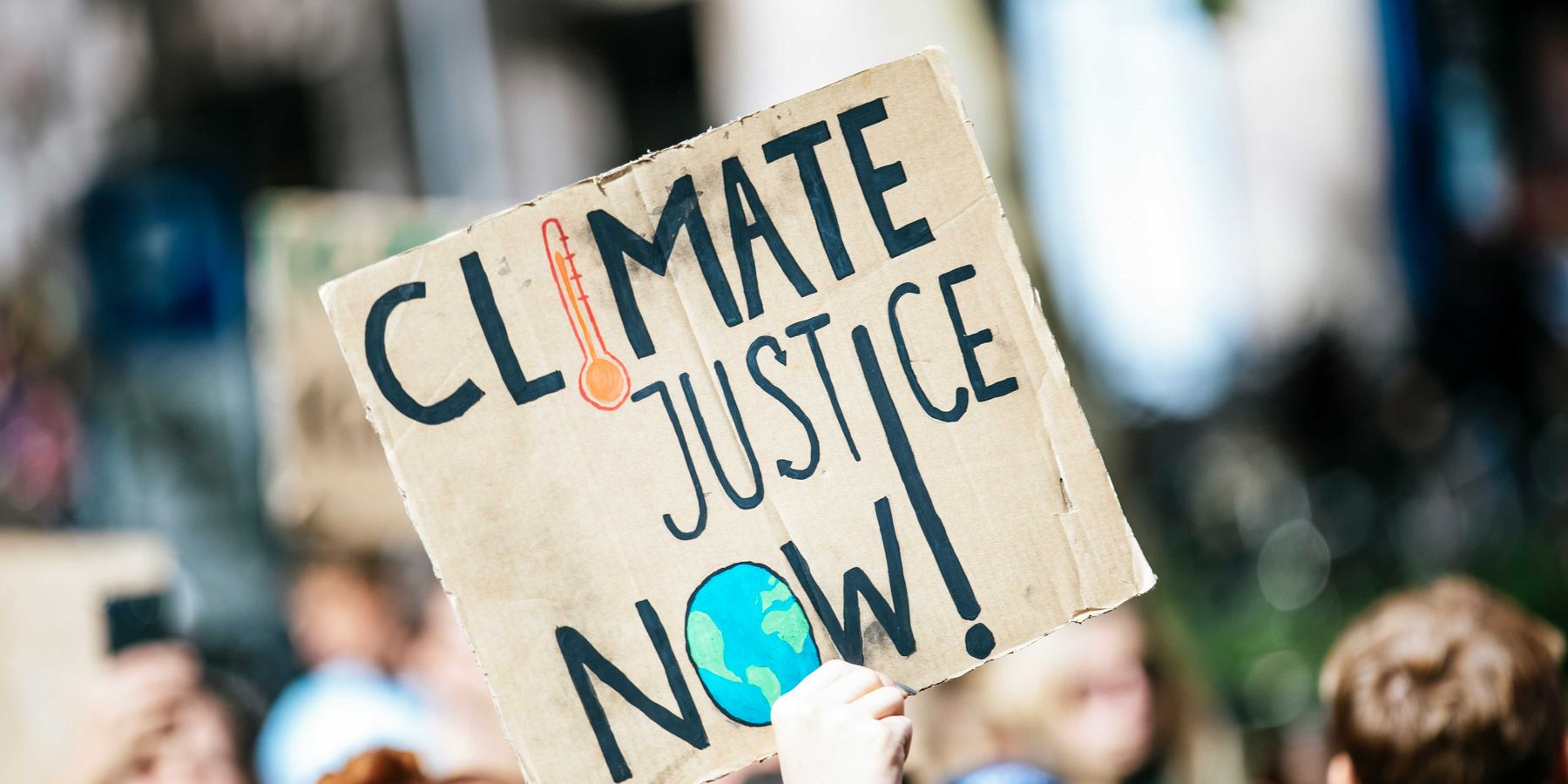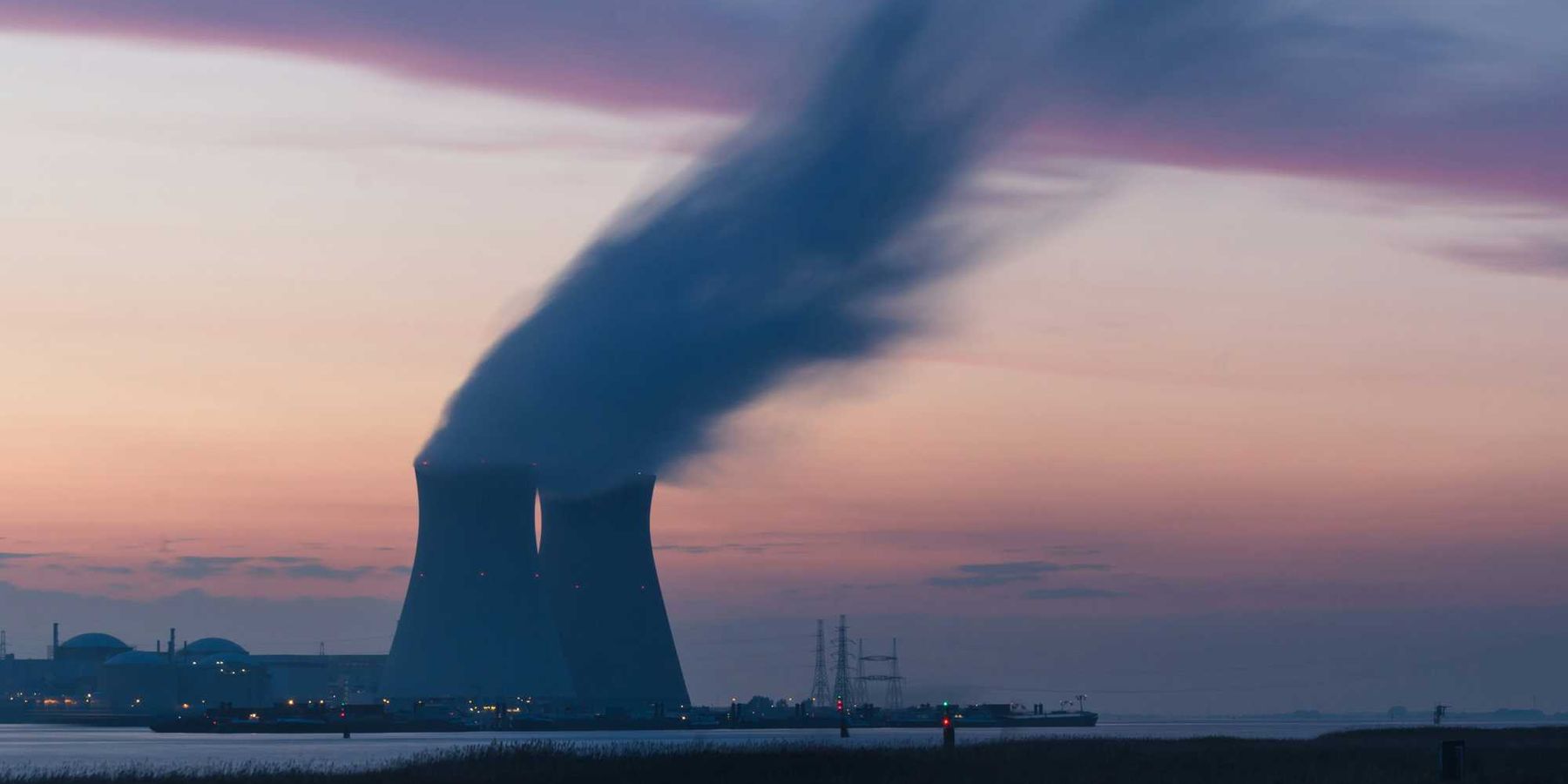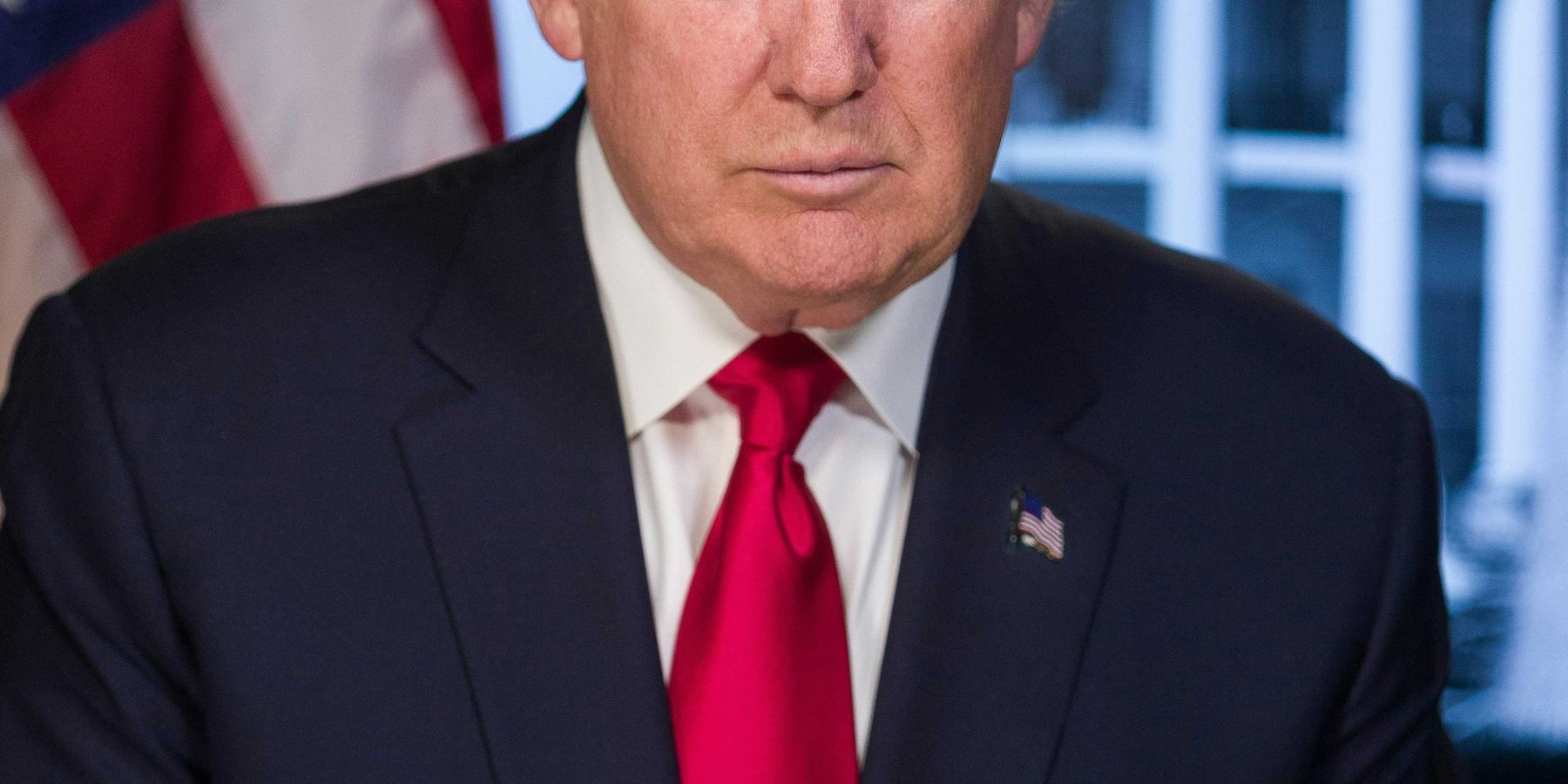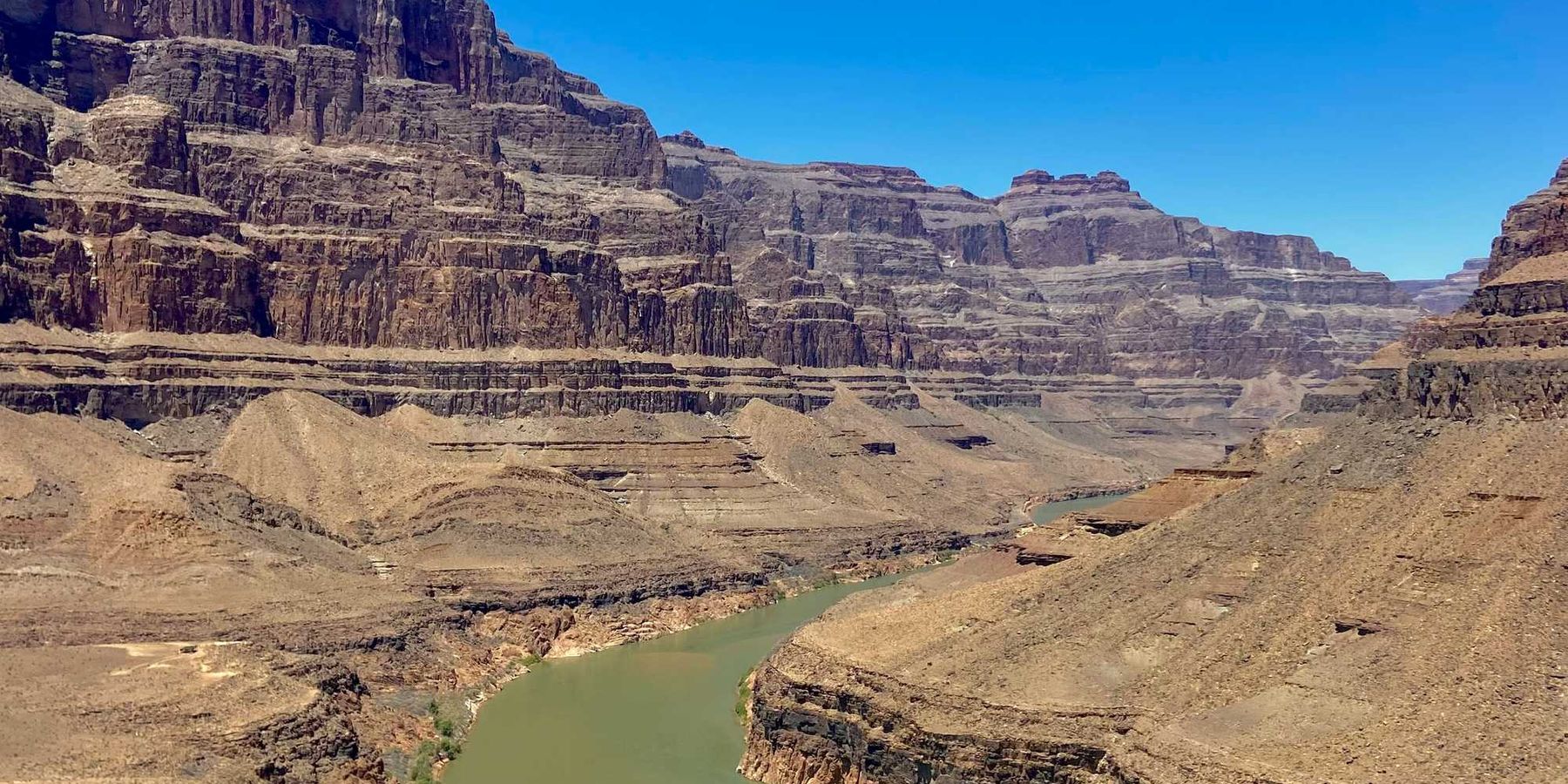Navigating the waters of the Rio Grande legal battle
The Supreme Court is set to hear a case that could end a long-standing dispute over the Rio Grande's waters among Texas, New Mexico, and Colorado.
Danielle Prokop reports for Source NM.
In short:
- The Supreme Court will review a proposed agreement between Texas, New Mexico, and Colorado to settle a decade-long lawsuit over the Rio Grande, despite federal objections.
- The deal aims to resolve conflicts arising from New Mexico's groundwater pumping, which Texas claims violates the Rio Grande Compact.
- A special master recommended the Court approve the states' settlement, but the outcome remains uncertain as the Court has previously rejected such recommendations.
Key quote:
"If this settlement proves to be able to get it resolved in a decade, it is, I would say, a positive development, as we look at the challenges of interstate water management, as rivers are more and more affected by climate change."
— Reed Benson, professor at the University of New Mexico School of Law
Why this matters:
At the heart of the dispute is how much water each state is entitled to under the compact, with Texas arguing that New Mexico has been using more than its fair share, thereby reducing flows into Texas. New Mexico contends it needs to balance its water use for agriculture, population growth, and environmental conservation. The states have attempted to find common ground through negotiations, but the underlying issues of water rights, usage, and conservation remain contentious.
In 2023, the federal government decided that while the Navajo Nation does have water rights, established by Winters Doctrine, it will not help the Nation assert those rights.

